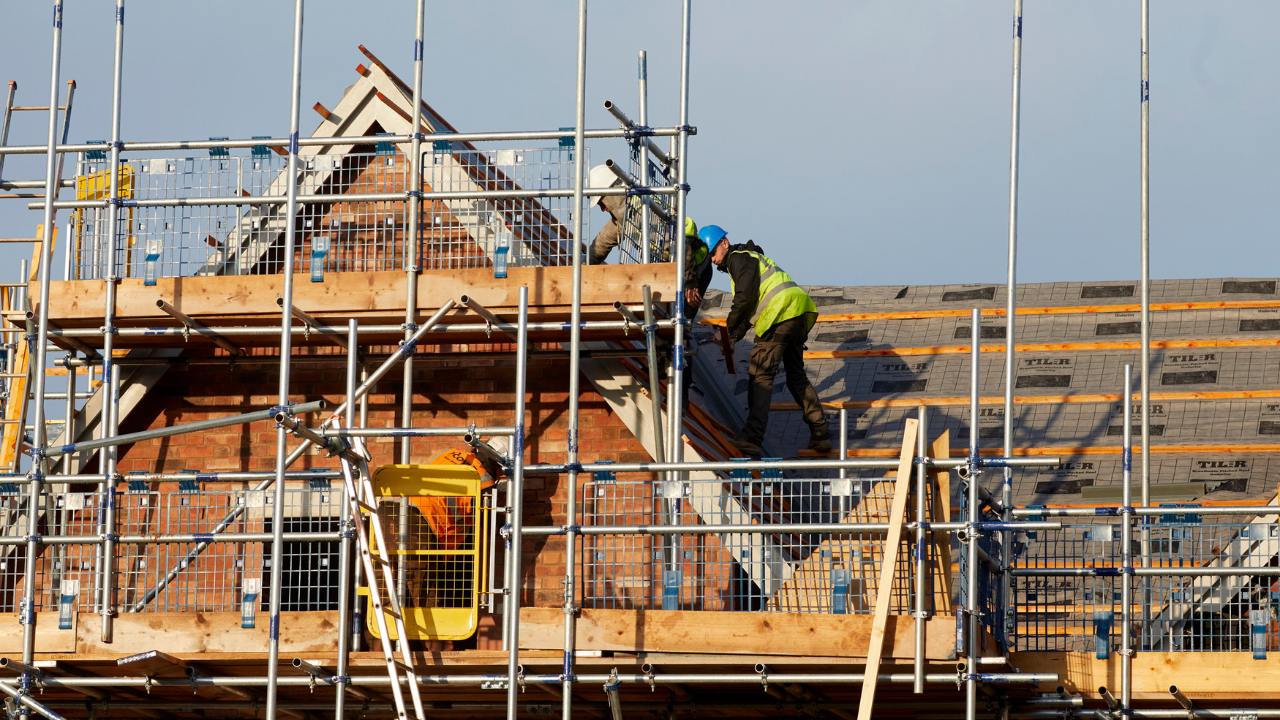Follow Us
Join our newsletter
Get the latest news delivered to your inbox.
10 factors to consider when flipping property
Flipping property is a trend that has gained real momentum in recent years. If you turn on the TV, you will likely find a property programme to watch where professionals or amateurs are striving to make some fast cash from a renovation.

Interestingly, property flipping did not suffer during the pandemic but instead reached an all-time high. This may not surprise many, especially when you learn that in the UK, approximately 75% of flipped houses sell for more than they were bought for.
But is flipping property as easy as it looks? And what are some of the key factors to consider when flipping property? There are of course risks associated with flipping houses, and investors should be aware of these and be prepared for every eventuality. Harvey Homes has many years of experience in property and our team has compiled this guide for you to maximise your chances of a property flip, rather than a flop.
So let’s dive right in!
What is ‘property flipping’?
Let’s start with the basics: House flipping is buying a home specifically with the intention of selling it quickly, typically within a year or less, to make a profit. It is thought of as a short-term real estate investment.
Usually, flipping a house means that you buy a run-down house and then renovate it to a better standard so it can attract a ‘normal’ house-buyer. Occasionally though, people do simply hold on to a property until market conditions improve so they can sell it for more than they paid.
Both strategies involve buying low and selling high thus earning a profit in a relatively short amount of time.
What are the 10 factors to consider when flipping property?
1. Better budgeting
There is a common rule in property renovation, that no matter how much you think a project is going to cost you, chances are you are still underestimating it. When you are trying to make a profit quickly from a house then you have to develop a comprehensive budget and cost management plan. Ensure you know exactly what work needs to be done, keep track of expenses, avoid overspending and have a contingency pot.
2. Choose wisely
While flipping property has become increasingly popular, not every house on the market will be suitable for this strategy. You have to choose the right property and there are several ways of doing this:
- Analyse market trends
- Monitor property values
- Look for properties that fit your finances
- Keep an eye on property auctions
- Seek the guidance of a knowledgeable estate agent
- Consider multiple properties so you always have a back-up if one falls through
3. Follow the trends
Making money from property is often all about good timing. If you are buying a property to renovate, then you need to ensure that you buy it below market value so that you have the financial freedom to effectively cover all the renovations, including any unexpected costs, before you bring it to market again.
To maximise your chances of success, you need to buy your investment property when demand is low, and you need to have it ready to sell when demand is high, and inventory is low.
4. Time is Money
Not every property renovation project is the same. When you are planning your project, prioritise cost-effective improvements that yield a high return on investment – for some properties, this could be curb appeal, whereas for others this could be modernising the bathroom or kitchen. Once you have decided on your plan, set a realistic timeline, and stick to it. The last thing you want is for a project to take months longer than you originally intended.
5. Use a trusted team
You could be a property novice or a seasoned expert, but assembling a crack team of people to help you turn your property into profits is essential for success. If you don’t already have people on your books, then make sure you hire reputable tradespeople by researching online reviews, speaking to previous clients and checking their licenses. Another key thing to remember is to ensure that their prices fit your budget, and that they can keep to your schedule.
Your property team needs to consist of:
- Real estate agent
- Construction contractor
- Home inspector
- Legal support
- Accountant
6. Don’t underestimate it
While the glitzy property shows can make flipping property look easy, do not underestimate the amount of work, stress and effort that is required to successfully make a profit from flipping property. TV programmes do not show the behind-the-scenes footage of contractors not turning up when they’re supposed to, owners working late into the night to get jobs finished and the constant calculations being made on seemingly endless Excel spreadsheets. Flipping property can be incredibly rewarding, but do not start a project on a whim.
7. Diversify your investments
Embarking on a property flipping project is a great way for seasoned investors to diversify their portfolios. While property renovations can be quite hands-on, they are a great opportunity to make some money in the short term.
8. Risk assessment
Every investment does carry a certain amount of risk so make sure you have carried out a thorough risk assessment, so you are prepared for factors like changes in market conditions, legal complications, or even unexpected renovation work. Minimising your financial losses must always be the goal.
9. What is your exit strategy?
Of course, the end goal of any property flipping project is to sell the house and make some profit. However, you need to make sure you have a robust exit strategy in place to protect your assets and maximise your chances of success.
If your exit strategy doesn’t come about as quickly as you would like, then don’t forget you are responsible for homeownership expenses, such as maintenance and potential homeowners’ association costs.
Make sure you have considered these things when finalising your exit strategy:
- Know your target audience and market to them accordingly
- Market the property properly using professional photos
- Engage the services of a knowledgeable and reputable estate agent
- Utilise social media to maximise exposure
10. Is it the right investment for you?
Before you dive into any property purchase, you need to ensure that the investment suits your circumstances. For example, if you don’t have the time to flip a property quickly, or you need longer-term income rather than a quick return, then a buy-to-let property might be better for you.
We hope you enjoyed this blog on the 10 factors to consider when flipping property. Rest assured, the Harvey Homes team will always keep up with the property trends to bring you the latest knowledge and expertise.









